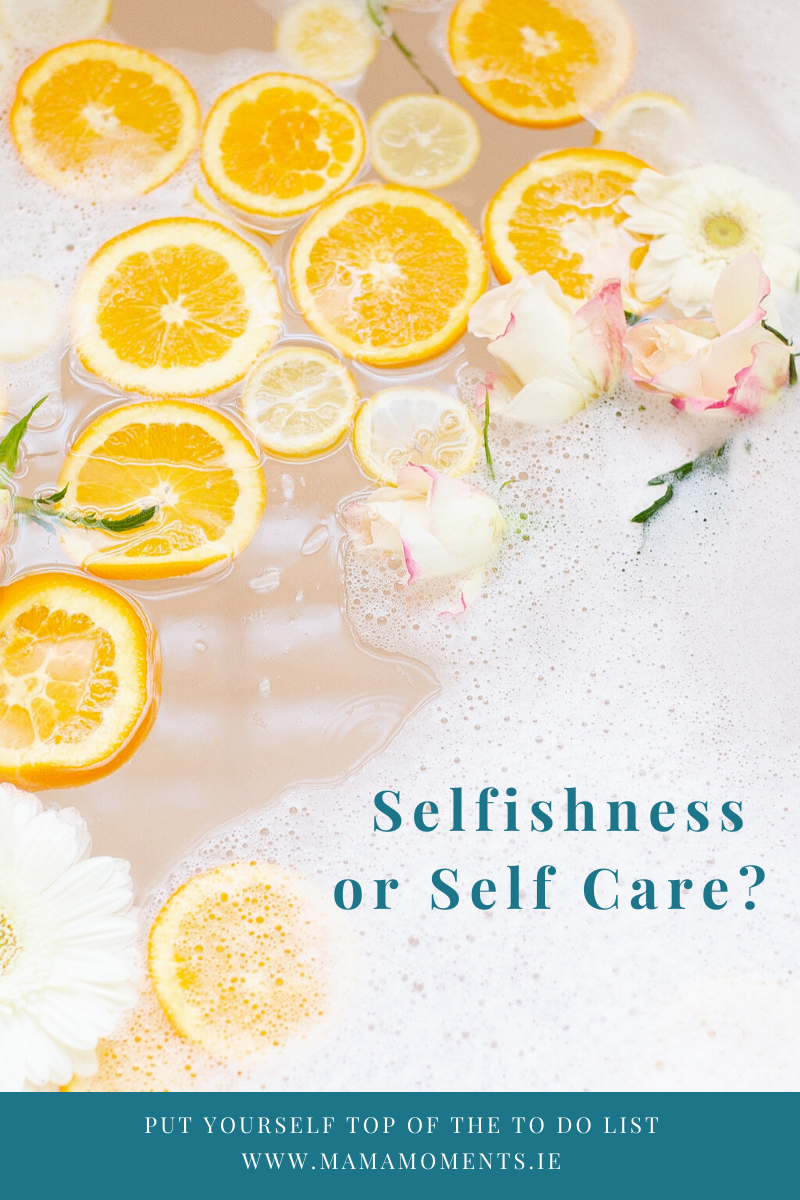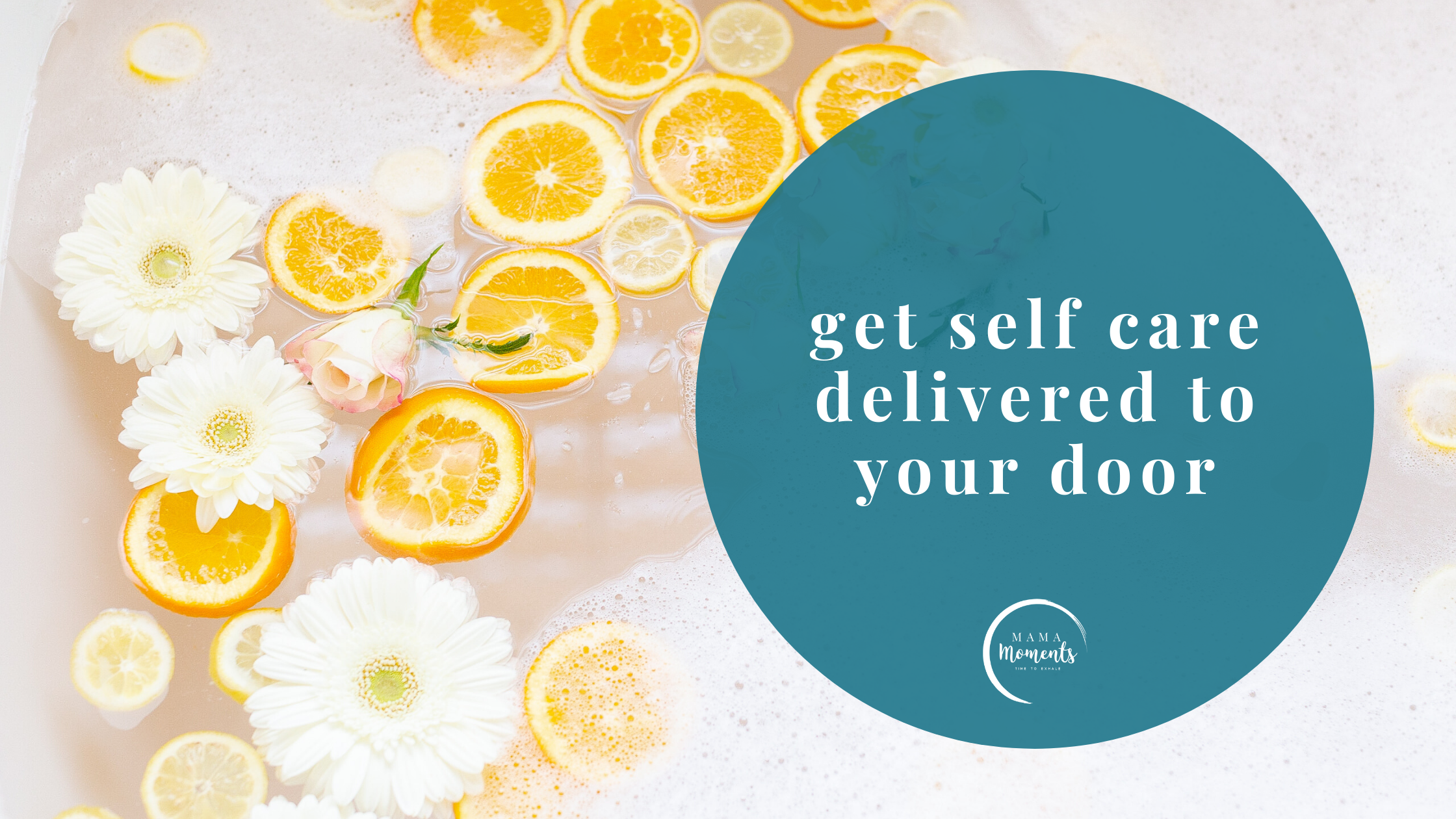
"We can’t pour from an empty cup.”
“What we don’t have, we can’t give.”
How often have you heard these phrases and said but I have to do this, that or the other? How often have you felt the demands of life take over from your own needs? How often have you felt the crumbling imbalance of house, home, and life and desperately wanted to hit pause because there was nothing left to give?
When we become parents, we are consumed by the daily habits and rituals of raising babies and young kids. We are often conflicted. Pulled in every which way except the way we want or need to go. We give in and let the tug of responsibilities, demands and daily pressures win. Then we begin to falter, grow tired, frustrated, and soon enough we’re ghosting along on a road to parental burnout because we have forgotten to care for ourselves.
What is Parental Burnout?
Burnout is a state of mental and physical exhaustion which leaves us almost unavailable to those around us. Unlike regular fatigue, this extreme exhaustion means we are unable to manage ordinary routines, and we struggle to cope with stressful situations. It can affect our bodies in physical ways leading to illnesses such as heart disease and diabetes. And psychologically, burnout can cause depression and low mood. Raising children is a rollercoaster like no other and when we leave little to no room to care for our own bodies and minds, we run the risk of ultimately wearing ourselves down.
Signs of burnout include fatigue, irritability, anxiety, isolation, and frequent illness. It is a slow enemy. We rarely see all of these signs and symptoms at once. They gradually begin to interfere meaning we may not notice that we are on a slippery slope. To combat these symptoms and potentially burning out, self-care is a top priority in our lives to maintain the balance in caring for ourselves and our families.
Commit to Yourself
The reason we talk about self-care so much these days is because it needs constant reinforcement. If self-care was easy, there would be no conversation. Many of us martyr ourselves to motherhood. We give our all and then some more. We put our child’s needs ahead of our own. We are always “doing” in those rare moments when our children are preoccupied. We never slow down. We rarely take a moment for ourselves. What is left for us when we are running on empty?
Doing something to heal our hearts, minds and bodies takes considerable effort when the world is spinning with all of its demands around us. Self-care requires us to commit to ourselves, to remember that we exist, and our needs are as important as everyone else’s.
What is Self-Care?
Self-care is simply looking after ourselves. Listening to what our body needs. Hearing what our mind and heart are saying. Being proactive in giving ourselves what we need to replenish ourselves.
Recognising the importance of self-care is one of the best things we can do for our minds, souls, and bodies. When we begin to practice self-care, this is the big step we need to take to encourage a routine and pattern of taking the time and space to nurture ourselves.
Self-care is a personal task. What one person likes another might find pointless in attempting to calm their minds. It can be as simple as taking a walk in a light misty rain or as extravagant as booking yourself in for a spa weekend with your best friend. Whatever it is, make sure you leave guilt at the door, be mindful of yourself, and indulge in what your heart needs.
Take time out to read a book. Craft. Mindfully colour. Meditate. Exercise. Listen to a podcast. Blast your favourite music around the house. Eat well. Ask for help. The point is to ease the stress in your life, carve time out for yourself, look after your feelings, and to make yourself a priority. To fill your cup.
Why Is Self-Care Not Selfish?
You deserve to be happy. You deserve to take care of yourself.
Aside from that almost basic but vital point, the fact of the matter is, if we struggle to care for ourselves, how are we to look after anyone else? When we focus on ourselves, it does not take away from others but actually benefits them too. The guilt behind taking care of ourselves has a shocking affect on how we see and do self-care. We deem it to be selfish.
Breaking down the idea that self-care is greedy or egotistical or self-centred is so important for our minds. Self-care builds on our strength, our resources, our respect, and love. It lowers stress, anger, frustration, and veers us towards contentment and away from exhaustion and burnout.
Self-care brings out the best in us, which in turn helps our family, friends, and colleagues. How can that be selfish? The more we learn about self-care, what nourishes us and how to make the time for it, the happier and more fulfilled we become.
Self-Care is a Good Act of Parenting
Remember our children watch what we do. When they see us taking time for ourselves, caring for ourselves, and nurturing our bodies and minds, we are instilling valuable lessons. We are showing them what a happy parent looks like. They see the importance of self-nurture, they learn coping strategies, understand their own value, and feel more secure in a positive family dynamic. How’s that for a great benefit!
Putting ourselves on the list, is not selfish. It’s important. So, remember yourself today, tomorrow and every day after because your cup is waiting to overflow.

